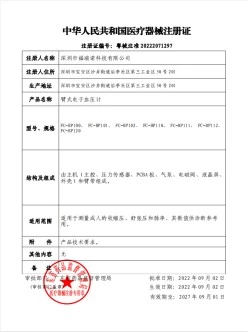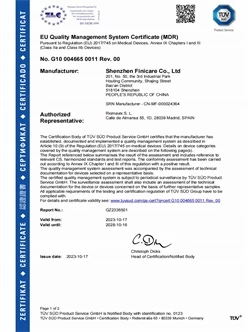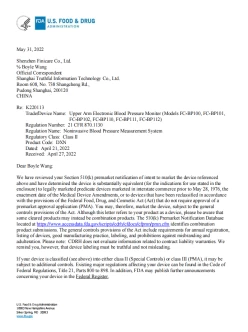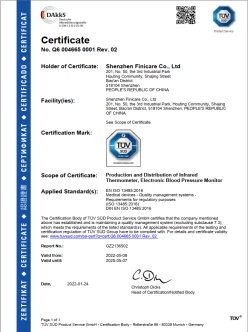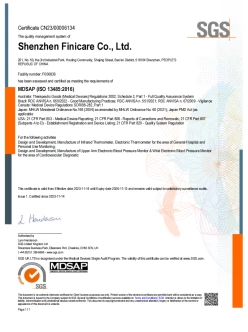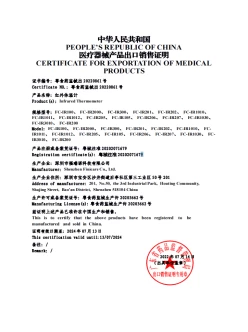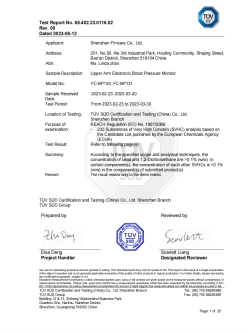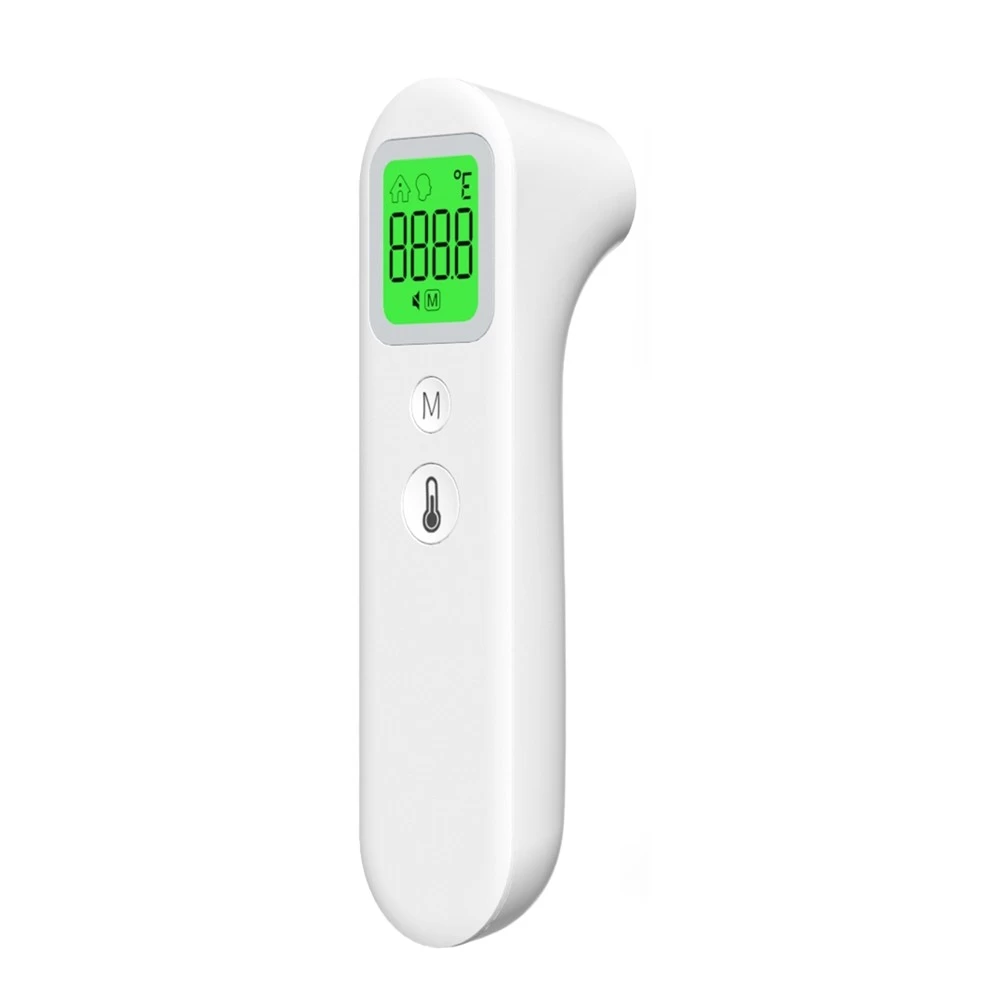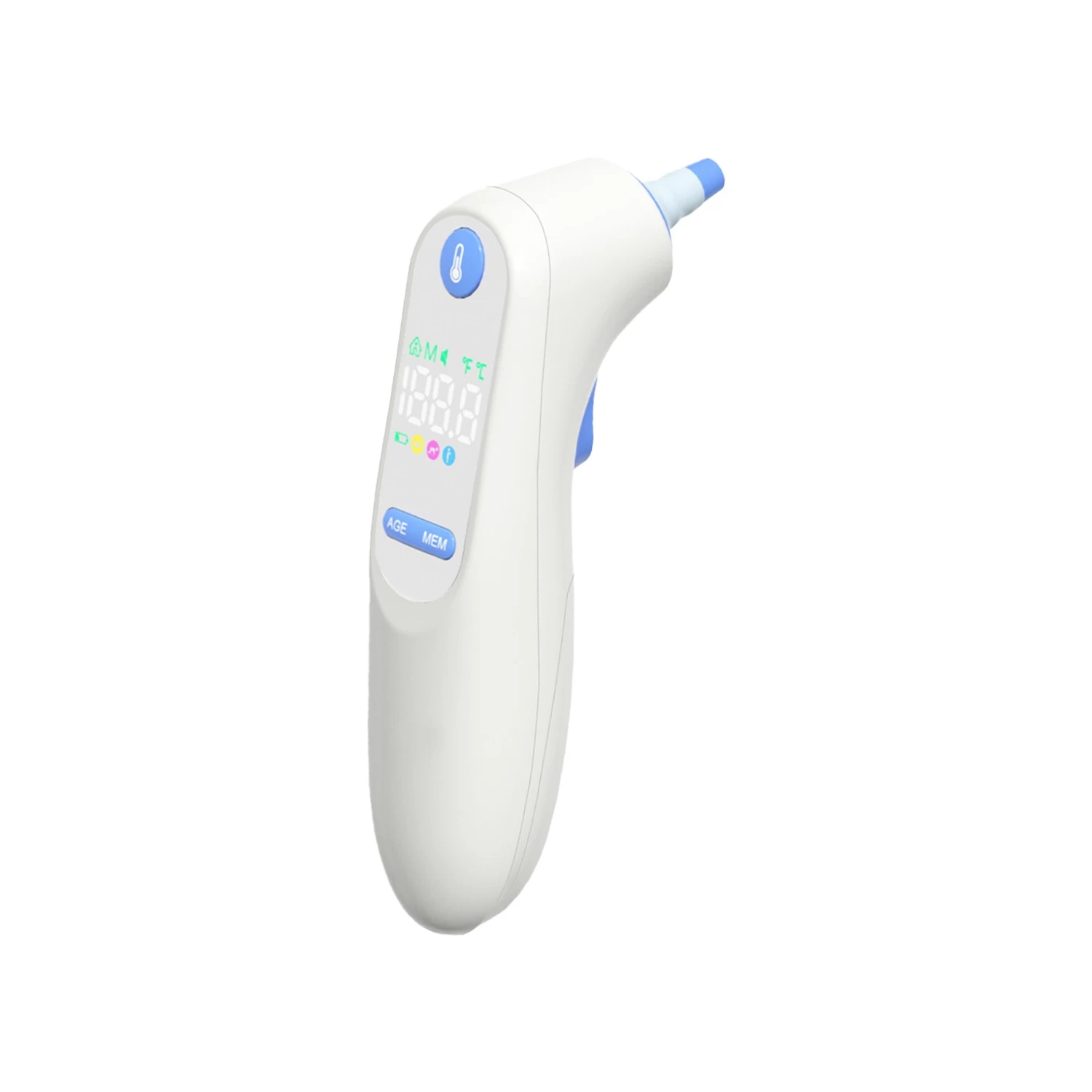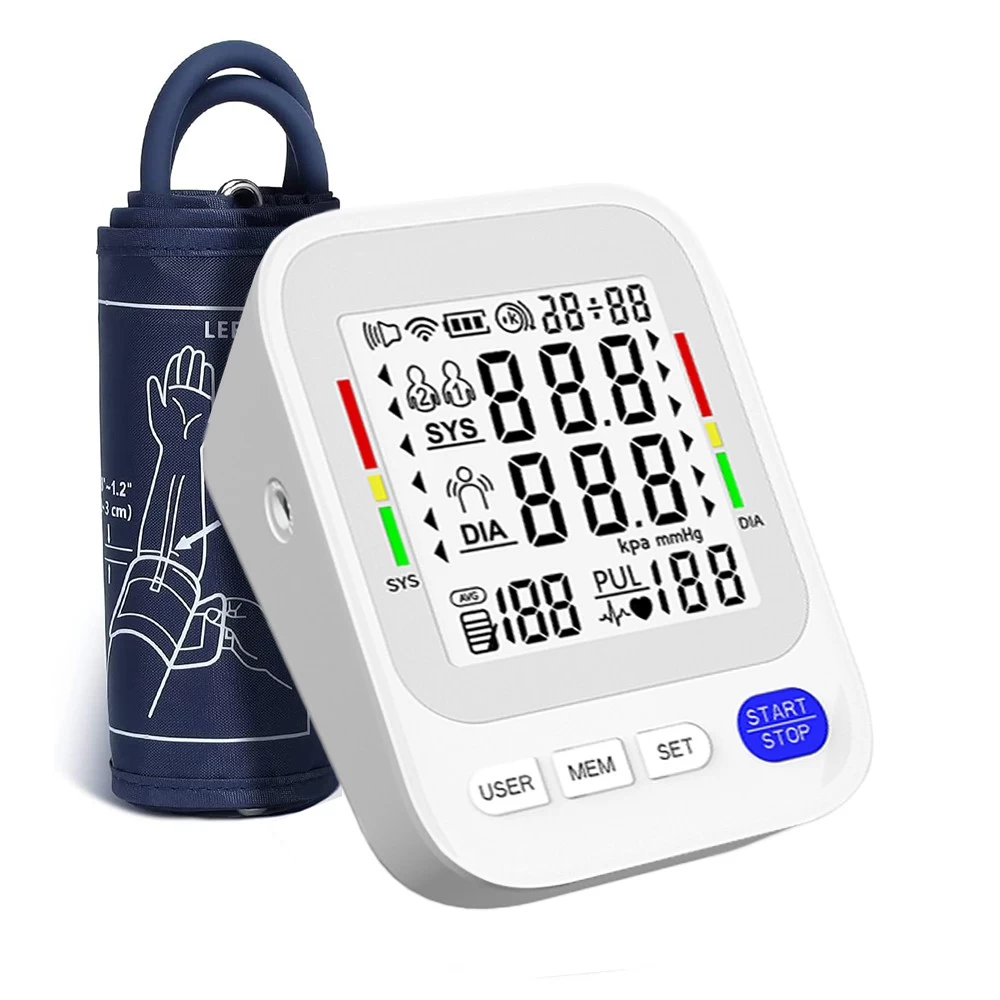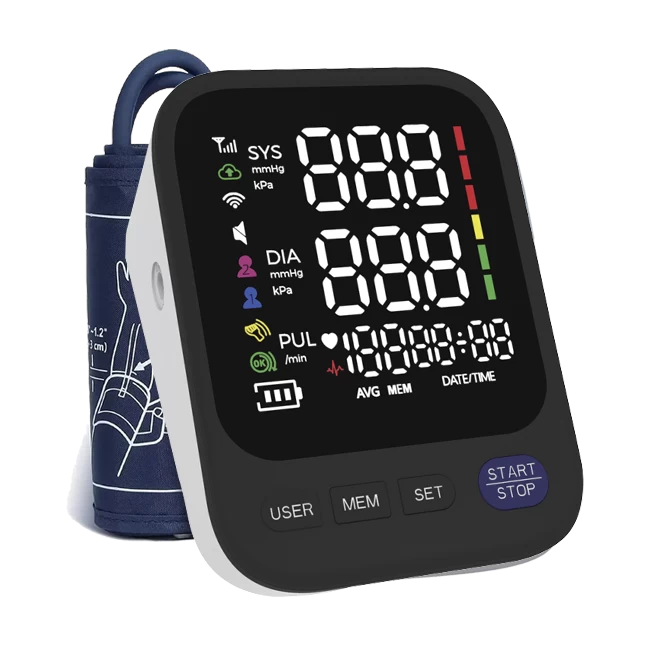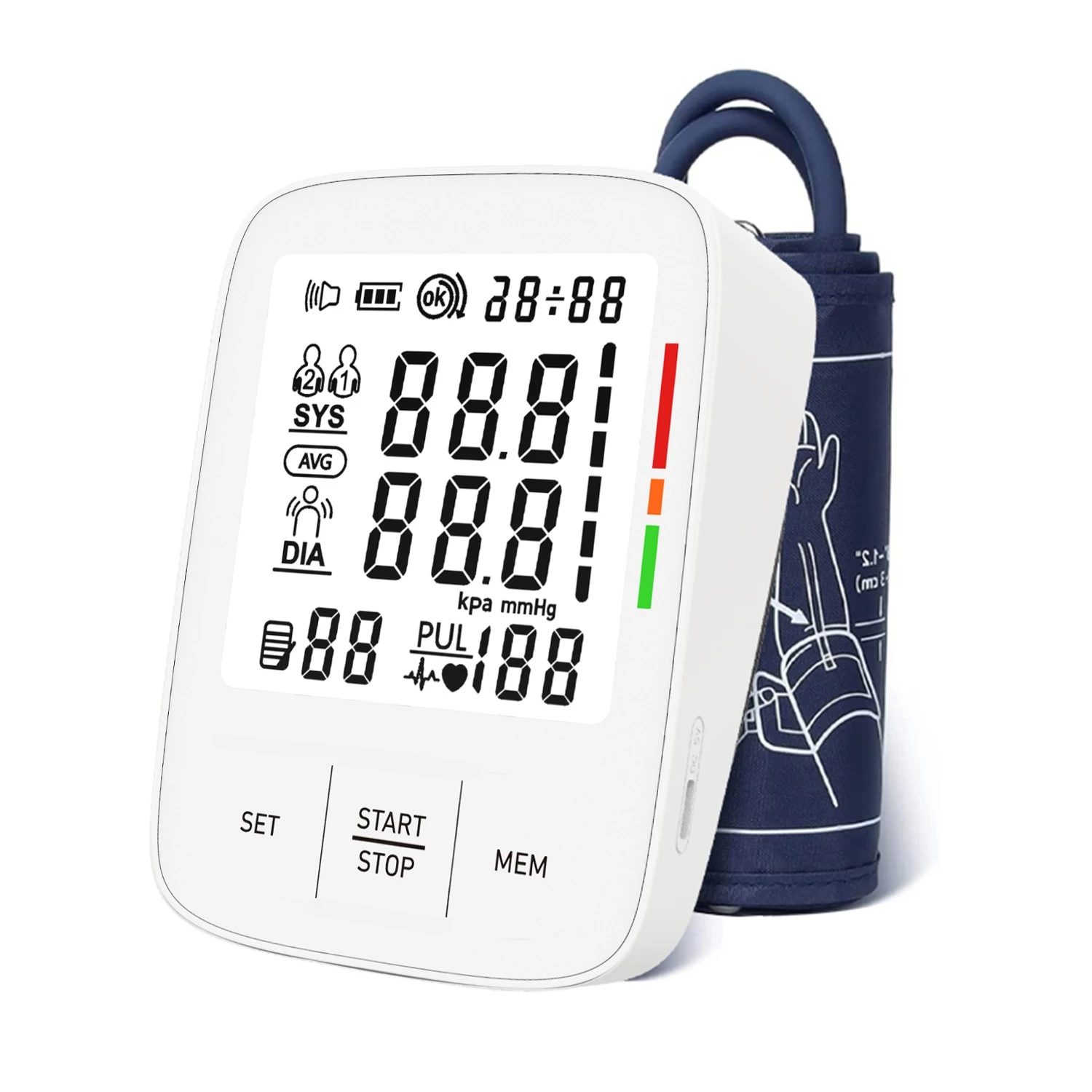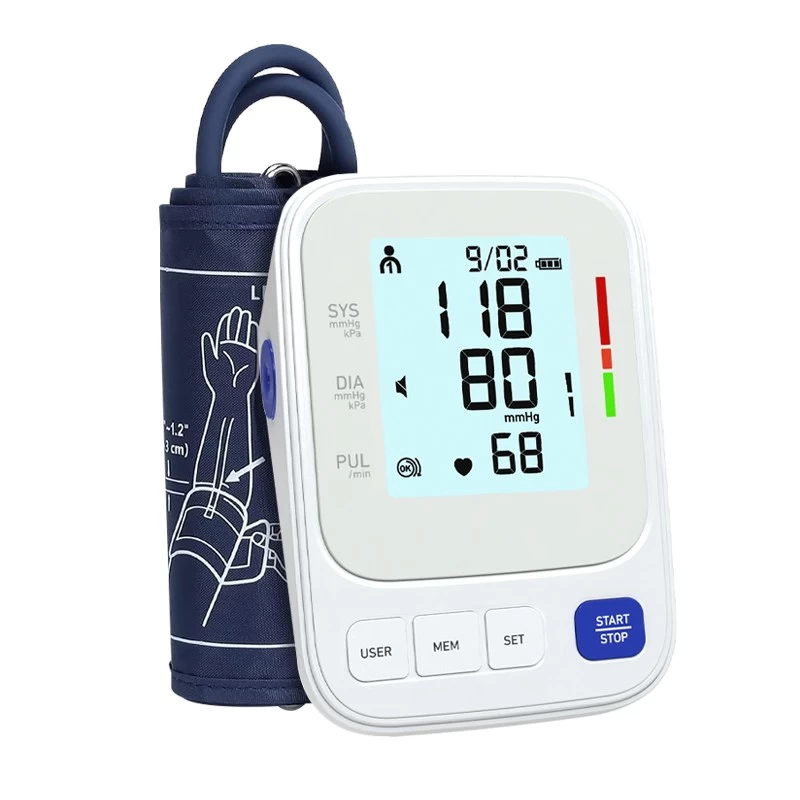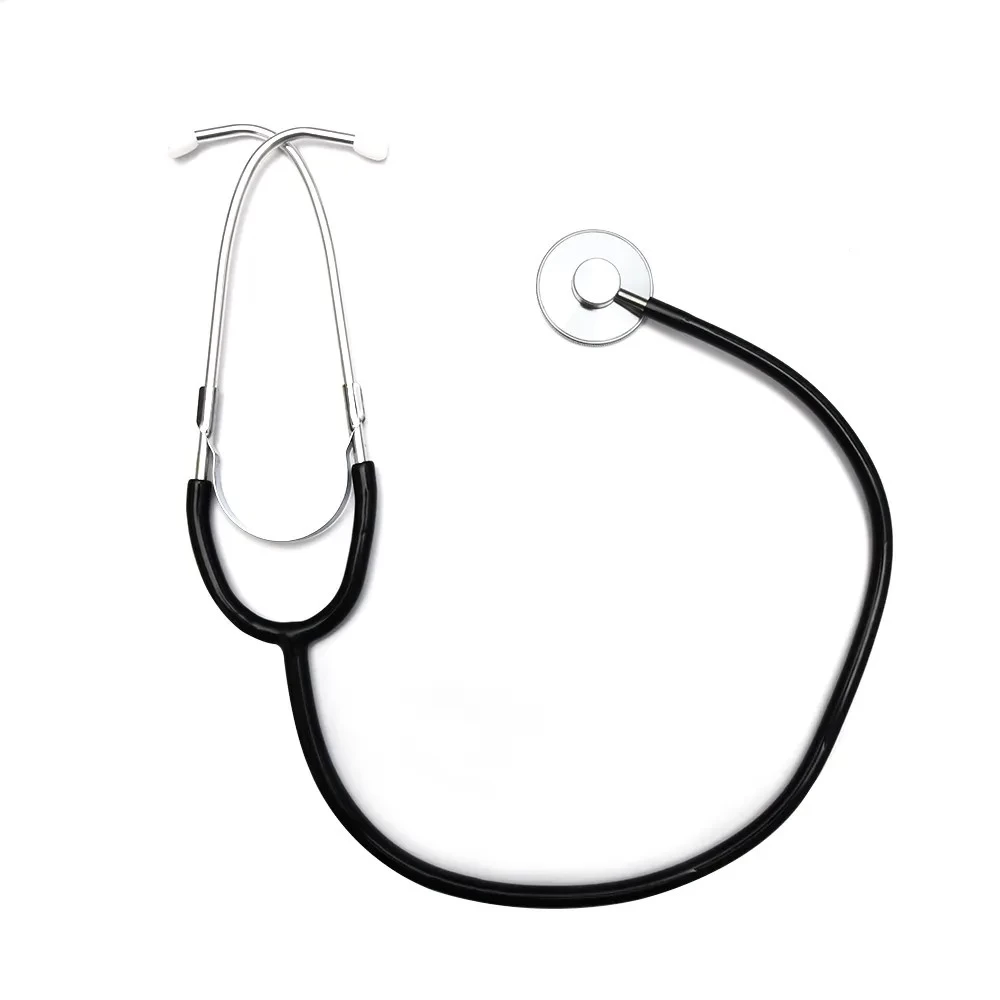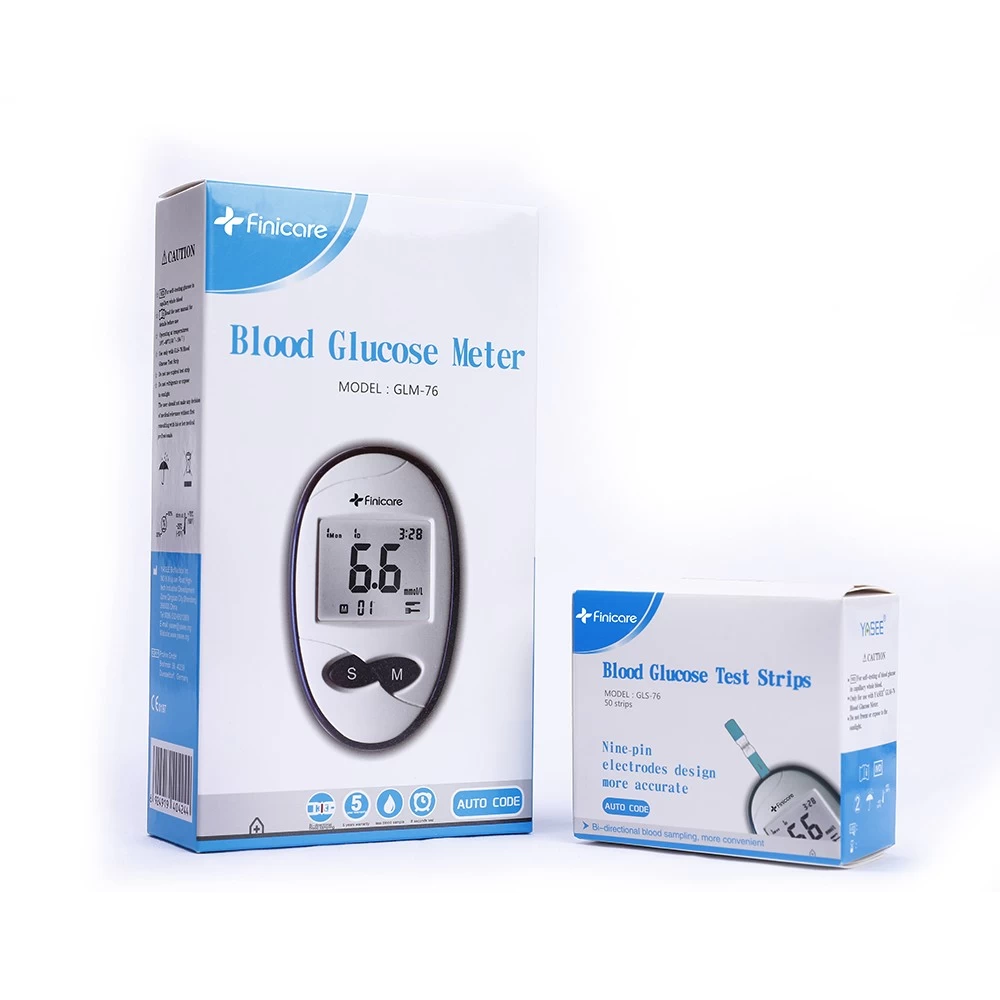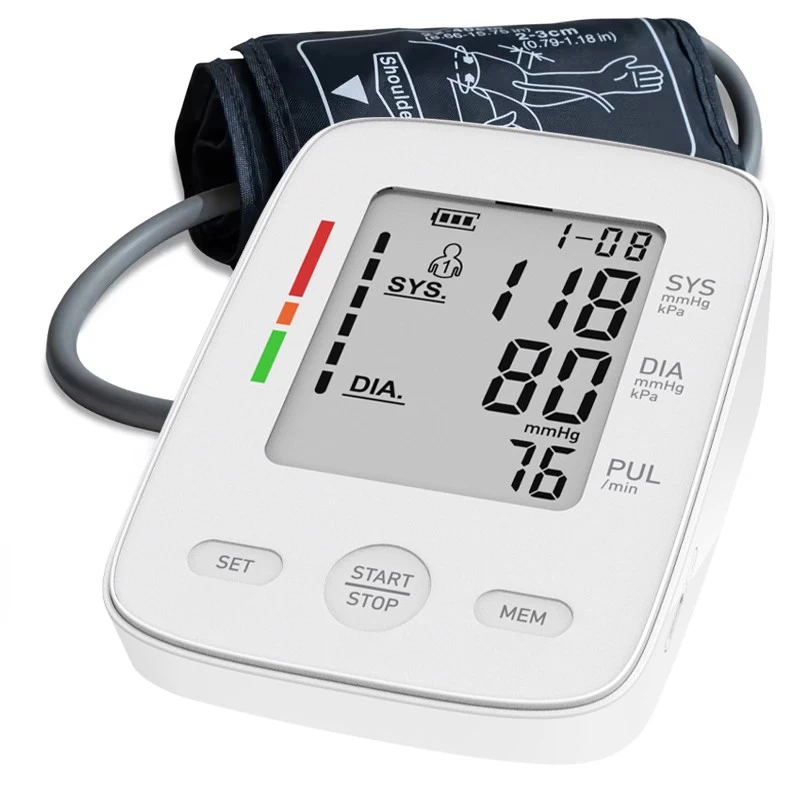What Is Ambulatory Blood Pressure Monitoring
Ambulatory Blood Pressure Monitoring A Window into Your Heart’s Daily Rhythm

Blood pressure is a vital sign that reflects the force of blood against artery walls as the heart pumps. While traditional clinic-based measurements are common, they only capture a snapshot of your blood pressure at a single moment. Enter ambulatory blood pressure monitoring (ABPM), a cutting-edge tool that provides a 24-hour glimpse into your cardiovascular health. This article explores how ABPM works, who benefits from it, and why it’s revolutionizing hypertension management.
Table of Contents:
1.What Is Ambulatory Blood Pressure Monitoring?
2.Why ABPM Matters: Beyond the Clinic’s Walls
4.Advantages Over Traditional Methods
6.Understanding Your ABPM Report
7.Limitations and Considerations
1.What Is Ambulatory Blood Pressure Monitoring?
Ambulatory blood pressure monitoring involves wearing a portable device that automatically measures blood pressure at regular intervals over 24–48 hours. Unlike a one-off reading at a doctor’s office, ABPM tracks fluctuations in blood pressure during daily activities, sleep, and stress, offering a comprehensive profile of cardiovascular function.
The device consists of a small monitor attached to a belt or strap and a cuff worn around the upper arm. It inflates periodically (e.g., every 15–30 minutes during the day and 30–60 minutes at night), recording systolic, diastolic, and heart rate data. Patients are encouraged to maintain their usual routines while noting activities, symptoms, or sleep disturbances in a diary.
2.Why ABPM Matters: Beyond the Clinic’s Walls
Nearly one-third of adults worldwide have hypertension, a leading risk factor for heart disease, stroke, and kidney failure. However, traditional blood pressure measurements can be misleading due to:
White Coat Hypertension: Elevated readings in medical settings caused by anxiety.
Masked Hypertension: Normal readings in clinics but high blood pressure elsewhere.
Circadian Variations: Blood pressure naturally dips at night and rises in the morning.
ABPM addresses these limitations by:
Capturing Real-World Data: Measures blood pressure during work, exercise, meals, and sleep.
Identifying Nighttime Patterns: Nocturnal hypertension is linked to higher cardiovascular risk.
Reducing Human Error: Automated readings eliminate observer bias.
Studies show that ABPM is a stronger predictor of heart disease than clinic readings. For example, individuals whose blood pressure fails to drop by 10–20% during sleep (“non-dippers”) face a higher risk of complications.
ABPM is recommended for diagnosing and managing hypertension in specific cases:
Suspected White Coat or Masked Hypertension: Confirming inconsistencies between home and clinic readings.
Resistant Hypertension: Evaluating patients whose blood pressure remains high despite medication.
Pregnancy: Monitoring gestational hypertension or preeclampsia risk.
Autonomic Dysfunction: Assessing conditions like Parkinson’s or diabetes that affect blood pressure regulation.
Medication Adjustments: Ensuring treatments effectively control blood pressure throughout the day.
Guidelines from organizations like the European Society of Cardiology (ESC) endorse ABPM as the gold standard for confirming hypertension diagnoses.
4.Advantages Over Traditional Methods
Accuracy: ABPM reduces the “white coat effect” and averages multiple readings.
Circadian Insights: Detects abnormal nighttime patterns, such as non-dipping or nocturnal hypertension.
Personalized Treatment: Helps tailor medication timing (e.g., bedtime dosing for non-dippers).
Early Intervention: Identifies high-risk patients before organ damage occurs.
For instance, a 2020 study in Hypertension found that ABPM-guided therapy reduced cardiovascular events by 30% compared to clinic-based care.
Wear Comfortable Clothing: Loose sleeves allow easy cuff placement.
Avoid Heavy Exercise or Bathing: Water can damage the device.
Keep a Diary: Log activities, stress episodes, dizziness, or chest pain.
Sleep Normally: The device will record nighttime readings quietly.
While the cuff inflations may feel tight or disrupt sleep temporarily, most patients adapt quickly.
6.Understanding Your ABPM Report
After the test, your doctor will analyze key metrics:
Daytime/Nighttime Averages: Normal thresholds are <135/85 mmHg (day) and <120/70 mmHg (night).
Blood Pressure Load: The percentage of readings above normal.
Morning Surge: A rapid rise in blood pressure upon waking, linked to stroke risk.
Nocturnal Dipping: A healthy 10–20% drop during sleep.
Abnormal results may prompt lifestyle changes, medication adjustments, or further testing.
7.Limitations and Considerations
ABPM is not perfect. Challenges include:
Discomfort: Frequent cuff inflations may irritate some users.
Cost and Accessibility: Not all clinics offer ABPM, and insurance coverage varies.
Technical Issues: Motion artifacts or improper cuff fit can skew readings.
Despite this, its benefits far outweigh drawbacks for high-risk patients.
Emerging technologies are enhancing ABPM:
Wireless Devices: Sync data to smartphones for real-time tracking.
Artificial Intelligence: Algorithms predict cardiovascular risk using ABPM patterns.
Home-Based ABPM: Increasing access for rural or mobility-limited patients.
As wearable health tech evolves, ABPM could become a routine part of preventive care.
Ambulatory blood pressure monitoring is more than a diagnostic tool—it’s a lens into the dynamic interplay between your heart, lifestyle, and environment. By capturing the ebb and flow of blood pressure round-the-clock, ABPM empowers doctors to make informed decisions and patients to take control of their health. Whether you’re navigating hypertension or curious about your cardiovascular risk, ABPM offers a clearer, fuller picture of your heart’s daily rhythm.
Final Tip: If your doctor recommends ABPM, embrace it as an opportunity to gain actionable insights. Your heart will thank you!

